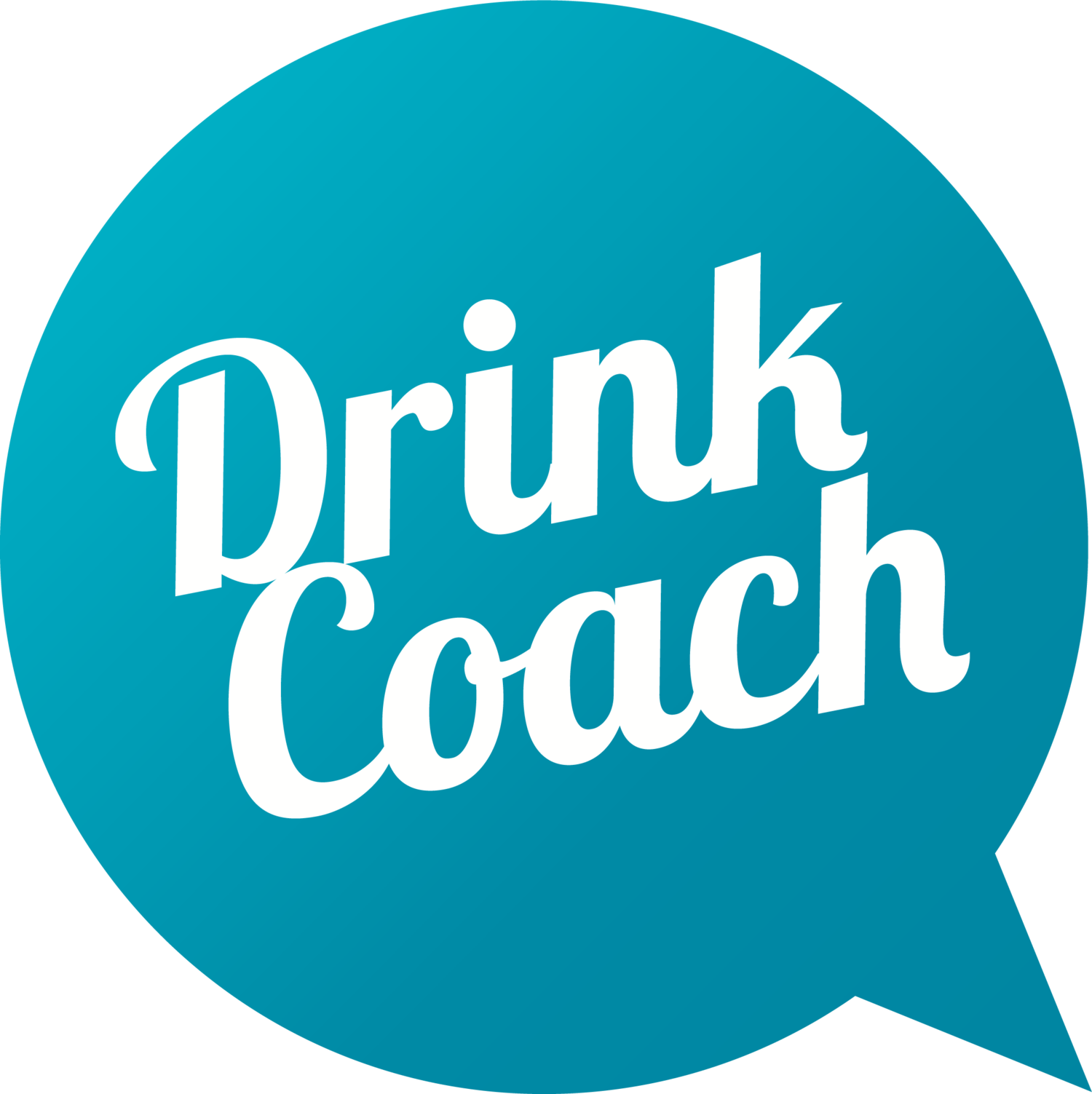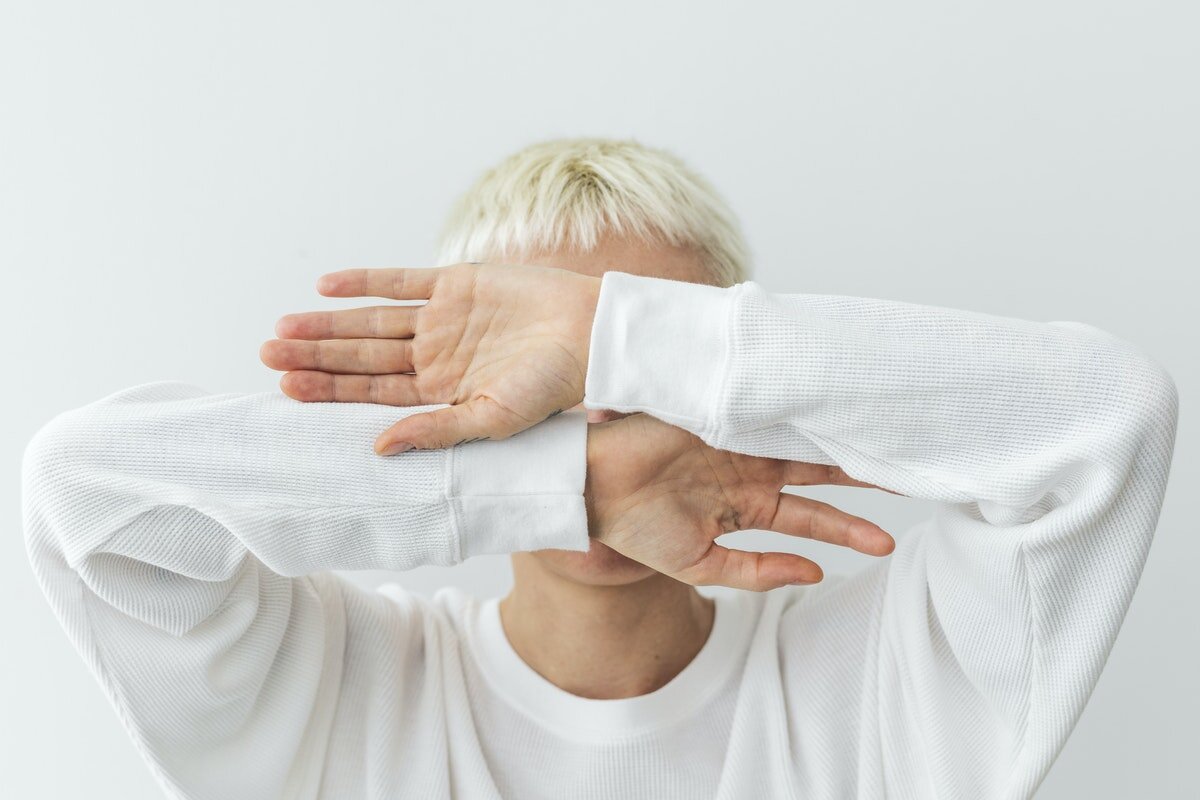Drinking because you are stressed, stressed because you are drinking?
It’s important to talk about the connection between stress and alcohol. Particularly after the year we have all endured.
Blog 2/2
“Stress is the feeling of being under a level of mental or emotional pressure beyond your ability to cope. The root causes of stress will differ from person to person, and a stressful situation for one individual may not produce the same level of stress in another.”
Stress affects how we think, feel and behave. One of the biggest behavioural responses can be to develop avoidance strategies, these avoidance behaviours can make the situation more difficult to break. This is because avoidance relieves the physiological symptoms but reinforces the negative thoughts and affects your confidence to manage the situation in other ways. Alcohol can be one of the ways that people avoid dealing with a stressful situation. Over time regular alcohol use begins to disrupt sleep cycles which feeds into reduced energy, increase in irritability, low mood, anxiety which feeds into the stress cycle.
Over time it is hard to determine whether you may be drinking because you are stressed or now stressed because you are drinking too much.
As a starting point keeping a drink diary or logging in an app can help you identify times, places, people and situations where drinking occurs. Once you know a bit more about your pattern of drinking you can begin to explore the function of your drinking. At DrinkCoach we encourage people to explore their relationship with alcohol and to understand what the perceived benefits are and to understand what impact it may be having. What do you think alcohol facilitates or helps you to achieve? Some common responses from our coaching clients are:
Having a drink has been a way to deal with or avoid feelings of boredom, loneliness, isolation, anxiety, low mood or stress
Alcohol helps with the transition from work to home, and during COVID this has been especially difficult to achieve
Having a drink is the only time in the day where they can switch off – from the kids, family, work, commitments or concerns
Drinking has become part of “me time”, how they spend time their spare time
If you want to change your drinking then understanding the function may also give you insight into where to start. Is it relieving unwanted emotions, your way giving yourself permission to take a break, the reward you give for a hard day at the office? Remember it takes 30 days to develop new habits so it may take time to see the changes.
Some questions to help you plan:
What will time to yourself look like? What do you want to be doing in your spare time that you are not currently doing?
How will you switch off for the day? What can you do? What have you previously done that was helpful?
What will you do to deal with emotions that arise? How can you manage those times without drinking? Focusing on thoughts, how you behave or act, and relieving physical symptoms can help here.
How will you transition from work to home life in a positive way? What will you do?
How might you achieve this, what do you need to put in place?
Remember it can be dangerous to cut down alcohol too quickly or stop suddenly due to risk of withdrawal. We strongly recommend you seek advice from a GP or other health professional before you make any changes to your drinking. If you are not sure of your level of risk, take the free and confidential Alcohol Test. It takes just 2 minutes.
If you want to speak to a DrinkCoach and get support to cut down safely, the service operates 7 days a week, with daytime, evening and weekend appointments available.
References
British Psychological Society (2021). Stress. Webpage available at: https://www.bps.org.uk/public/a-z-of-psychology#S

